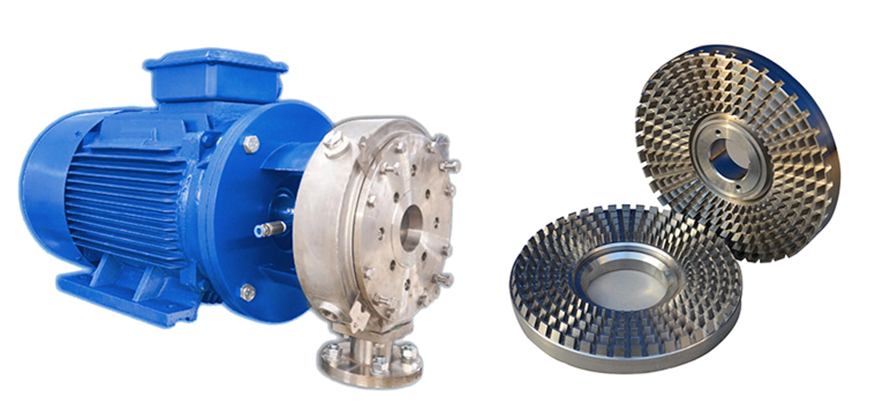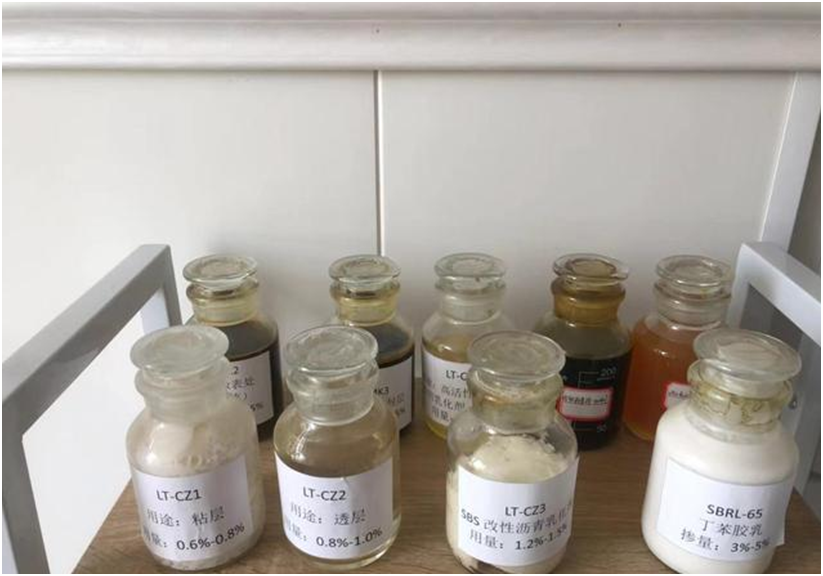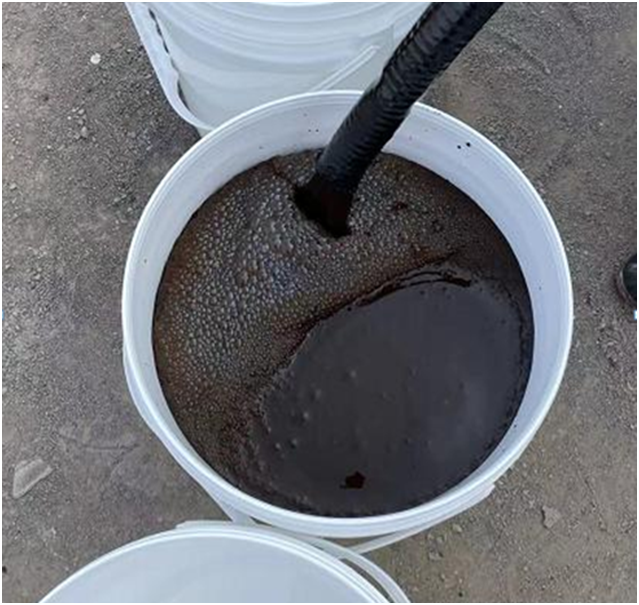Emulsified asphalt consists of 50% to 70% asphalt, a liquid mixture containing asphalt, water, emulsifiers and some additives. The mixing of asphalt and water is carried out through a special mill called a colloid mill.

In order to obtain emulsified asphalt, suitable asphalt and an aqueous solution containing emulsifiers and additives should be prepared first.
1. The suitable asphalt for production should be soft asphalt, the viscosity should be less than 2P, and the penetration grade 60/70. If necessary, the asphalt should be heated to 130-140℃ to achieve these conditions.
2. Dissolve the emulsifier and additives in a ratio of 0.6%-0.8% in water with a temperature of 60-70℃. For example, to produce one ton of emulsified asphalt, 6-8 kg of emulsifier is added. It is recommended that the amount of emulsifier added in the first production is 8 kg. The concentration of the aqueous solution affects the properties of the emulsified bitumen.

3. Add the asphalt and emulsifier aqueous solution to the colloid mill to mix, and rotate at a high speed of 1000 to 6000 rpm to separate the asphalt into fine droplets. Asphalt droplet size can be controlled by adjusting the gap between the two parts of the mil.

After the above steps, emulsified asphalt is produced.